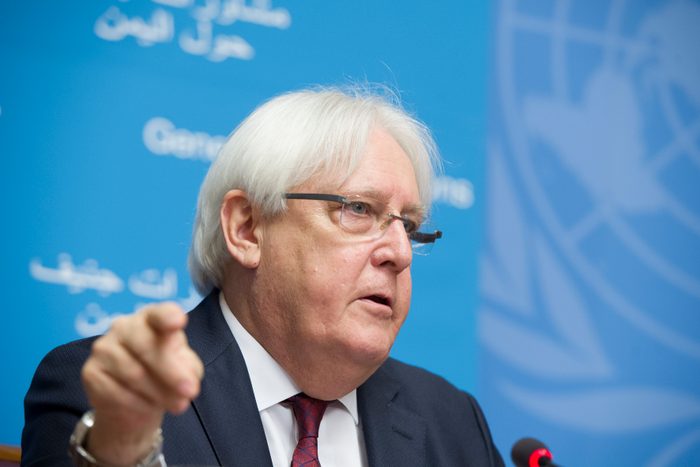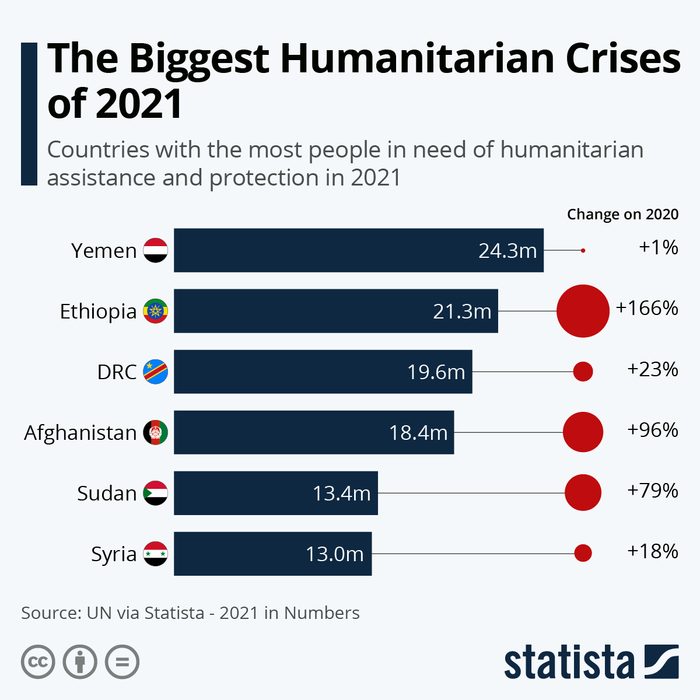|
As 2022 is now in full swing,
let me first address to you my best wishes for the year to come. And let me invite you to dive into what some major media think 2022 will bring in terms of science, technology and innovation!
It is however interesting, if not funny, to mirror these articles with one in WIRED, dated to the end of December 2021, It explains that humans have always had a hard time – if they don’t fully fail – to predict the future. Oh, they tried with a lot of tools and techniques, like polling experts or public opinions, or – mainly – “understanding previous events as indicators of what’s to come” and, that way, try to find some patterns, as WIRED puts it. They even used algorithms for that, to run simulations.
But, as Enrico Letta, former Prime Minister of Italy and former Dean of the School of International Affairs at Science Po-Paris, now Secretary of the Italian Democratic Party, told the audience of the recent 2021 GESDA Summit, “when I see everything that has happened in the last few years, I have the impression that knowing everything that happened in the past is not enough to understand the Brexit, Donald Trump in the United States, the financial crises, the pandemic, climate change”, etc. Therefore, “anticipation is essential, because it is the ability to imagine the world of tomorrow”.
Another great article to read, in The Economist, also explains that, “In 2021 people have been yearning for something like stability. Even those who accepted that they would never get their old lives back hoped for a ‘new normal’. Yet as 2022 draws near, it is time to face the world’s predictable unpredictability. [...] The desire to return to a more stable, predictable world is too nostalgic. Once a system has crossed some threshold, every nudge tends to shift it further from the old equilibrium. Many of the institutions and attitudes that brought stability in the old world look ill-suited to the new. The pandemic is like a doorway. Once you pass through, there is no going back.”
That is why, if anticipation already is very complex, prediction is even more. “The central message sent from the history of the future is that it’s not helpful to think about “The Future.” A much more productive strategy is to think about futures; rather than “prediction,” it pays to think probabilistically about a range of potential outcomes and evaluate them against a range of different sources”, concludes WIRED. So, make your futures with the ones below!
- Olivier Dessibourg, GESDA
(EN)
|











